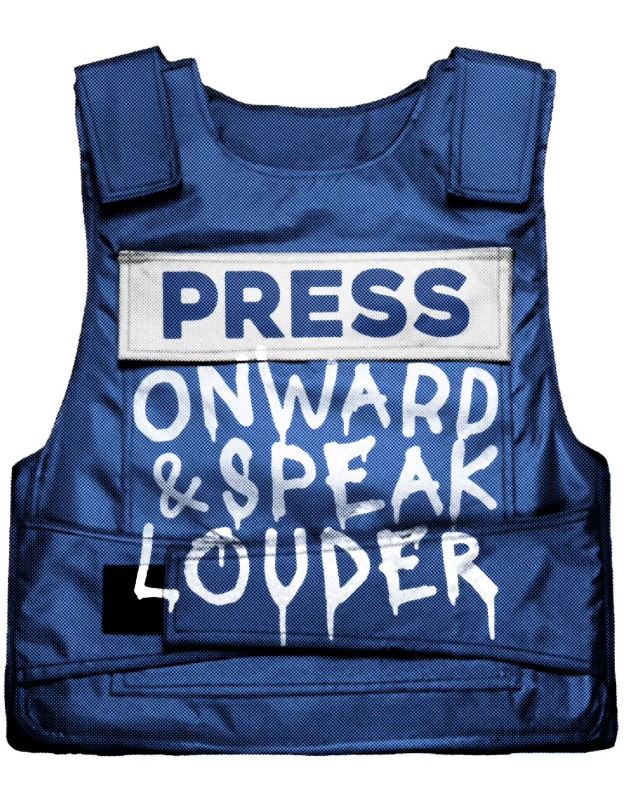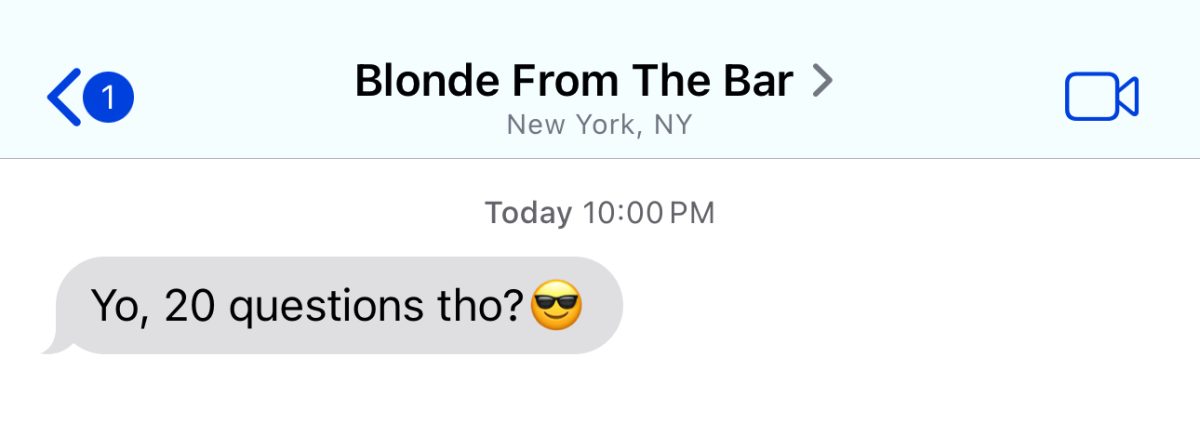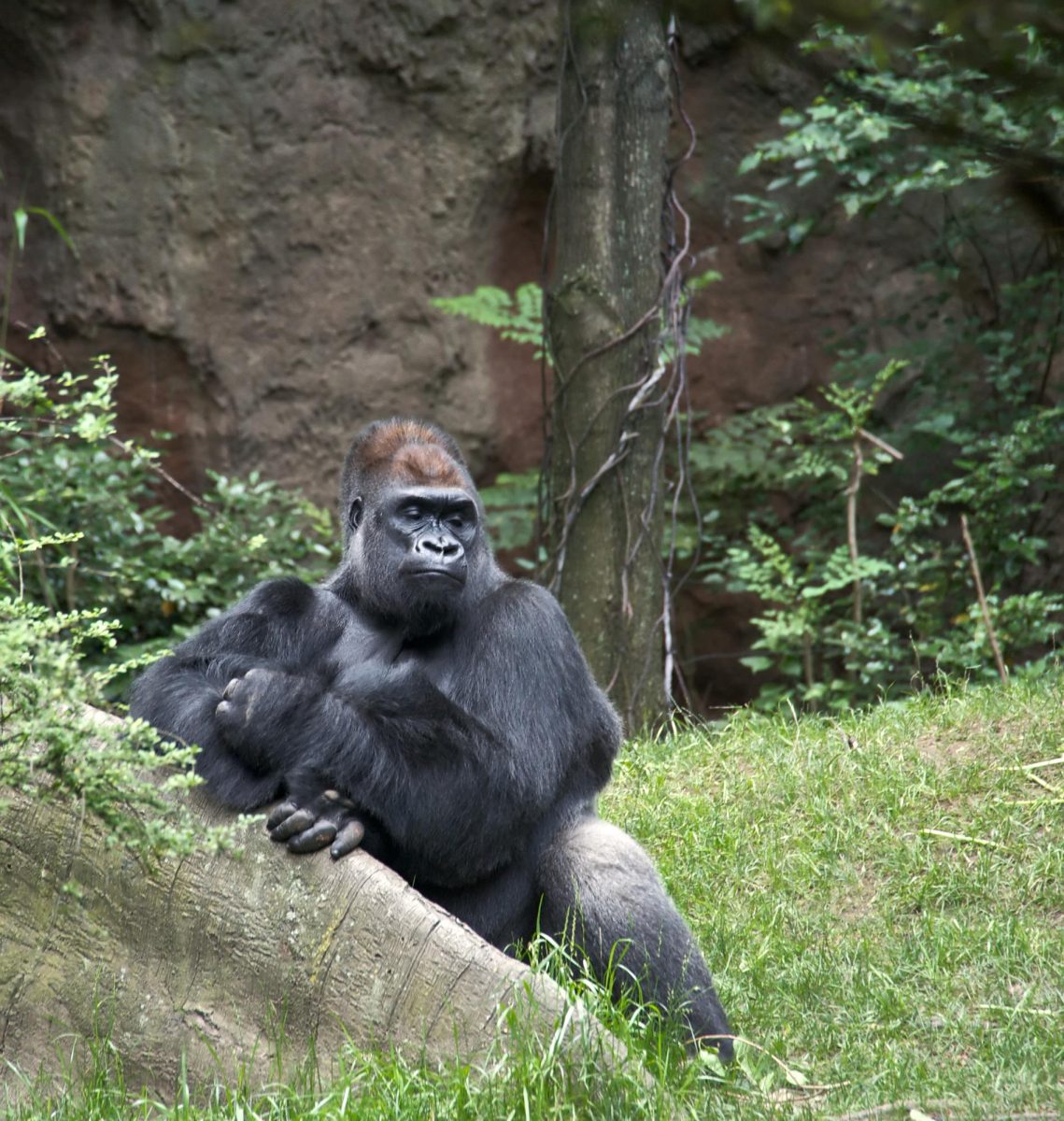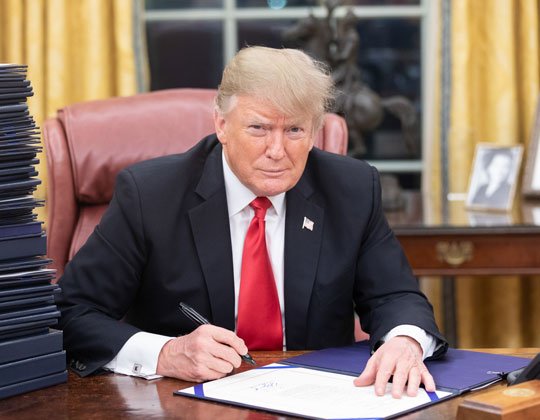Tensions between Israel and the global news network Al Jazeera escalated dramatically when Israeli troops raided the offices of Al Jazeera in the occupied West Bank early Sunday, Sep. 22. Israel’s military troops removed staff members from their offices, seized their equipment and ordered the bureau to cease operations for 45 days.
Al Jazeera has been providing continuous coverage of the ongoing war between Israel and Palestine. The network has maintained 24-hour coverage from the Gaza Strip despite their journalists and staff facing significant risks and casualties. While Al Jazeera reports on the war’s impact on civilians and human casualties, it also includes statements from Hamas and other militant groups. According to NPR, this has caused criticisms from Israeli officials, including Prime Minister Benjamin Netanyahu, who claims that the network has “harmed Israel’s security and incited violence against soldiers.” Al Jazeera firmly denies any of these accusations.
Qatar, Al Jazeera’s primary funder, has also pleaded for a negotiation for a cease-fire deal between Israel and Palestine in hopes of finally ending the war. Al Jazeera plays a crucial role in highlighting the realities on the ground, ensuring they tell civilians stories of suffering and destruction. Without its coverage, many of these civilian experiences would largely remain untold.
Al Jazeera’s Ramallah news office has long been a vital source of information, but its significance increased after Israel closed the Jerusalem office in May and confiscated news equipment. The United Nations and human rights groups like the Committee to Protect Journalists condemned this action, denouncing Israel’s attack on Al Jazeera and accusing Netanyahu of attempting to limit and control freedom of the press.
When Israeli soldiers entered Al Jazeera’s office, they ordered a reporter who was broadcasting live to stop recording. Later, the network aired footage of Israeli troops removing a banner from the office balcony. According to news outlets, the banner featured an image of Shireen Abu Akleh, a Palestinian-American journalist killed by Israeli forces back in May 2022. An article published by Al Jazeera on Sep. 26 reported that “more than 110 journalists and media workers—including four Al Jazeera reporters – have been killed in Israeli attacks since the war began.”
While Israel denies targeting journalists specifically, the alarming number of media and journalist casualties raises serious concerns about press freedom and the dangers of misinformation and disinformation surrounding the ongoing war. The shutdown of Al Jazeera by Israeli forces has had a profound impact on innocent Palestinian civilians caught in the crossfire. There is a loss of exposure to civilian suffering, rendering their suffering largely invisible. Ihtishman Hibatullah, Al Jazeera Media Network’s Manager of International Relations, stated that Israel based its legal “justification” for closing down the news office on a law from the British Mandate of Palestine, which dates back to 1945. The British Mandate era was a period when Britain controlled the territory of Palestine, establishing laws and regulations that have, in some cases, remained in effect long after the end of British rule.
“They shut down the office under accusations of ‘incitement to and support of terrorism’ despite no clear evidence being presented,” Hibatullah stated to Doha News.
During the High-level Week of the 79th United Nations (UN) General Assembly in New York, Al Jazeera launched a digital campaign to emphasize the injustice of criminalizing journalists fulfilling their professional responsibilities, a fundamental principle of global journalism.
A message displayed on trucks throughout the city, including near the UN Headquarters, reads, “Journalism is not a crime. Attacking journalists is.” Hibatullah emphasized, “We launched this campaign because the world must see what journalism is being subjected to in Israel. The truth cannot be hidden, and we will continue to tell it.”
Silencing journalists, particularly in conflict zones, hinders the flow of accurate information and creates a vortex for unchecked narratives and propaganda. When news outlets are forced to shut down, tensions escalate, and harmful biases are perpetuated, suppressing the critical role of the press in truth-telling.








